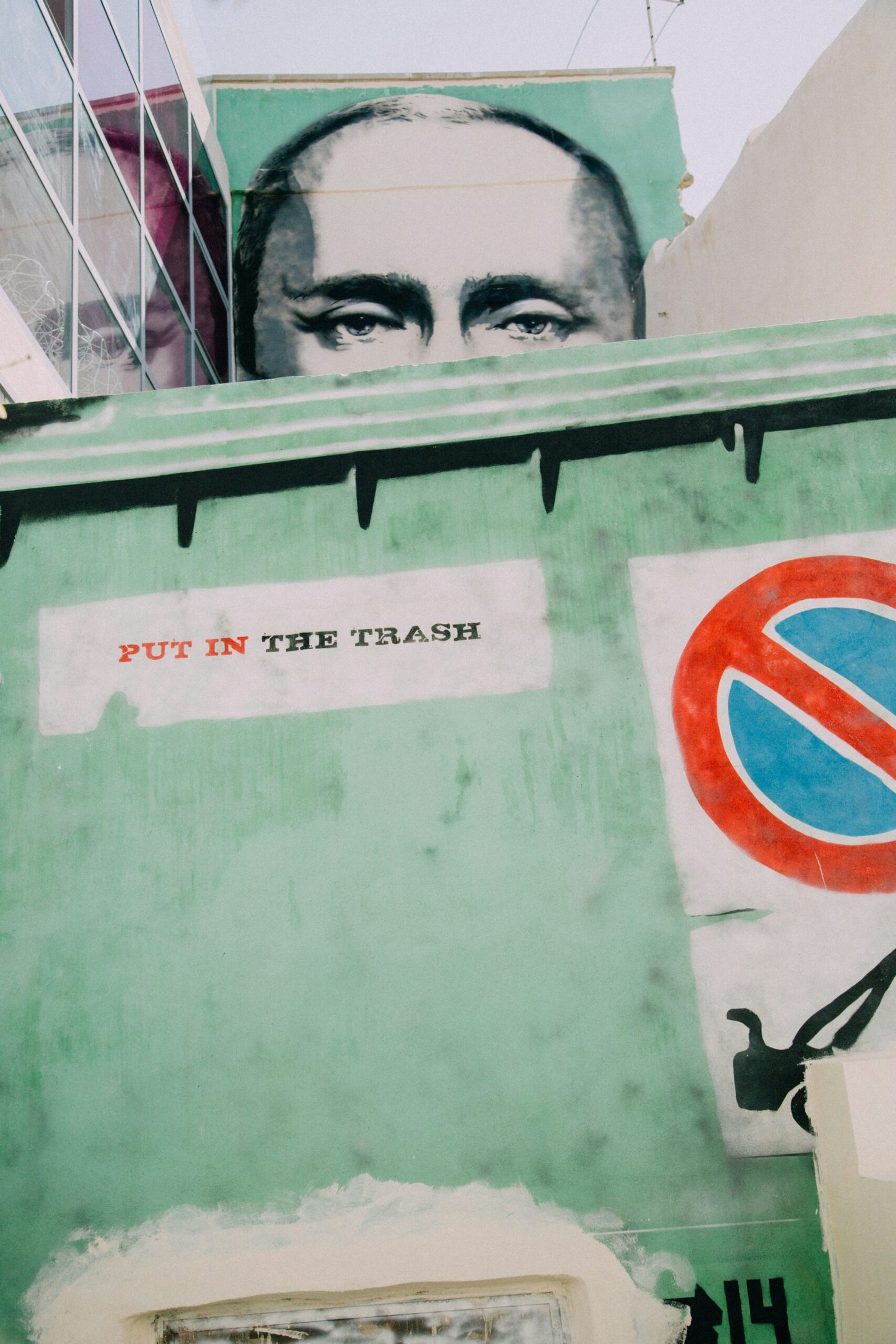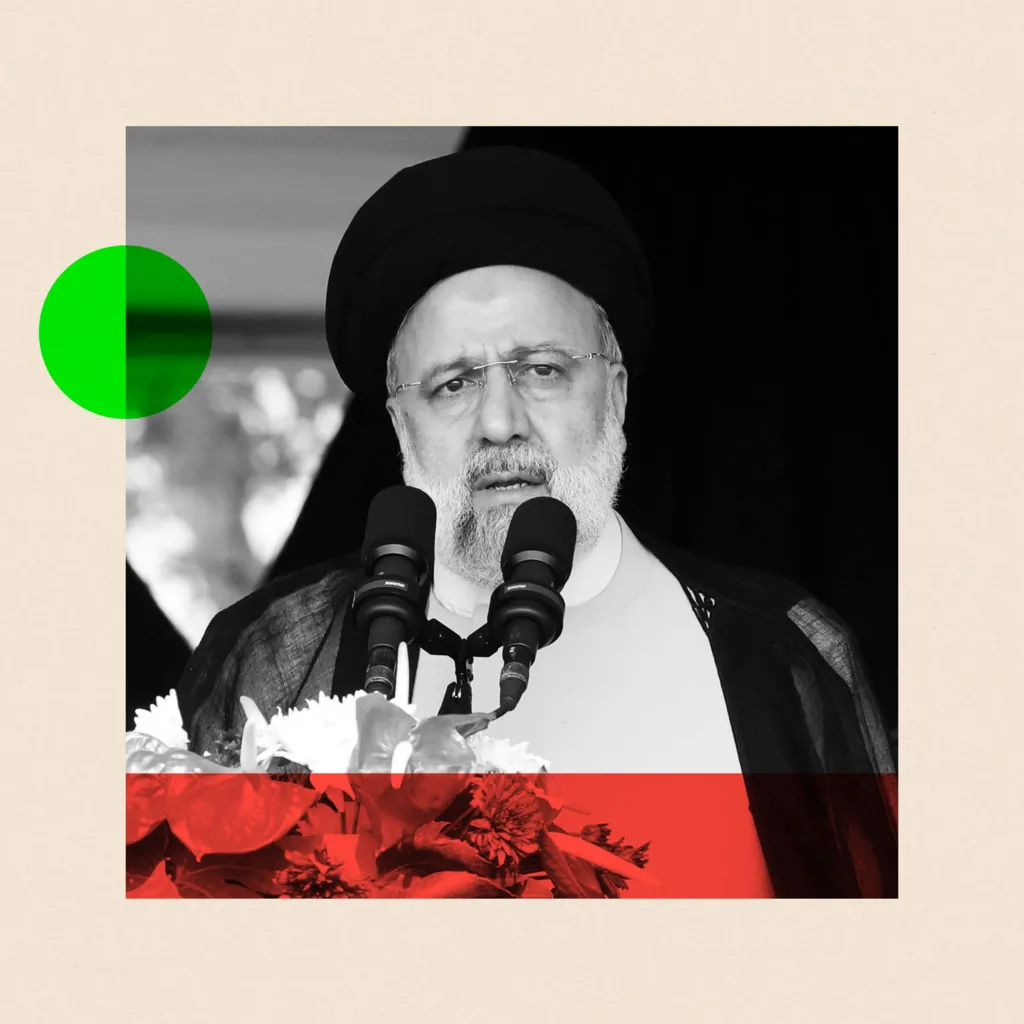Understanding Putin’s Decision to Remove Sergei Shoigu as Russia’s Defense Minister
In a surprising move, Russian President Vladimir Putin has recently removed his long-time ally, Sergei Shoigu, from his position as Russia’s Defense Minister. This decision has raised eyebrows both domestically and internationally, as Shoigu was considered a key figure in Putin’s inner circle and a trusted confidant. To understand the reasons behind this decision, we need to delve into the complex dynamics of Russian politics and Putin’s strategic calculations.
The Context of Putin’s Decision
Putin’s decision to remove Shoigu should not be viewed in isolation but rather within the broader context of Russia’s political landscape. Putin has been in power for over two decades, and during this time, he has carefully crafted a system of governance that relies heavily on loyalty and control. This system ensures that Putin remains the ultimate authority and that no individual or institution becomes too powerful.
Sergei Shoigu, with his strong influence and popularity, had become a prominent figure within the Russian government. As Defense Minister, he played a crucial role in modernizing the Russian military and enhancing its capabilities. However, this growing influence and popularity may have become a cause for concern for Putin, who values loyalty above all else.
Power Consolidation and Maintaining Control
Putin’s decision to remove Shoigu can be seen as a strategic move to consolidate his power and maintain control over the Russian government. By removing a high-profile figure like Shoigu, Putin sends a clear message to other members of his inner circle: no one is immune to his authority. This serves as a reminder that loyalty to Putin is paramount, and any signs of individual ambition or popularity could be met with consequences.
Furthermore, Putin’s decision to remove Shoigu may also be driven by a desire to prevent the emergence of potential rivals or alternative power centers. Shoigu’s popularity, combined with his influence within the military, could have positioned him as a potential challenger to Putin’s authority in the future. By removing him from his position, Putin eliminates this potential threat and ensures his continued dominance.
Shoigu’s Role in Putin’s Government
Sergei Shoigu’s removal as Defense Minister does not necessarily mean that he has fallen out of favor with Putin or that he is being punished for any wrongdoing. In fact, it is important to note that Putin has a history of reshuffling his government and reassigning key figures to different positions. This allows him to maintain a balance of power and prevent any one individual from becoming too entrenched in a particular role.
It is possible that Shoigu’s removal as Defense Minister is part of a larger strategic plan orchestrated by Putin. He may be reassigned to a different position within the government or given a new set of responsibilities that align with Putin’s overall objectives. Putin values Shoigu’s experience and expertise, and it is unlikely that he would completely sideline him from the political arena.
The Implications of Shoigu’s Removal
Shoigu’s removal as Defense Minister has significant implications for Russia’s military and its future trajectory. As a respected and capable leader, Shoigu played a crucial role in modernizing the Russian military and ensuring its preparedness. His absence may lead to a period of adjustment and uncertainty within the military hierarchy.
Additionally, Shoigu’s removal could have wider implications for Russia’s foreign policy and defense strategy. Shoigu was known for his assertive and proactive approach, particularly in relation to Russia’s involvement in conflicts such as Syria and Ukraine. His departure may signal a shift in Russia’s military priorities or a change in its approach to international affairs.
Conclusion
Putin’s decision to remove Sergei Shoigu as Russia’s Defense Minister should be viewed within the broader context of power consolidation and maintaining control. While the exact reasons behind this decision may not be clear, it is evident that Putin values loyalty and control above all else. Shoigu’s removal serves as a reminder to other members of Putin’s inner circle that no one is immune to his authority.
It is important to note that Shoigu’s removal does not necessarily indicate a falling out between him and Putin. Putin has a history of reshuffling his government and reassigning key figures, and it is likely that Shoigu will continue to play a role within the Russian government in some capacity.
Ultimately, the implications of Shoigu’s removal will become clearer in the coming months as Russia adjusts to a new Defense Minister and potentially recalibrates its military and foreign policy strategies.



